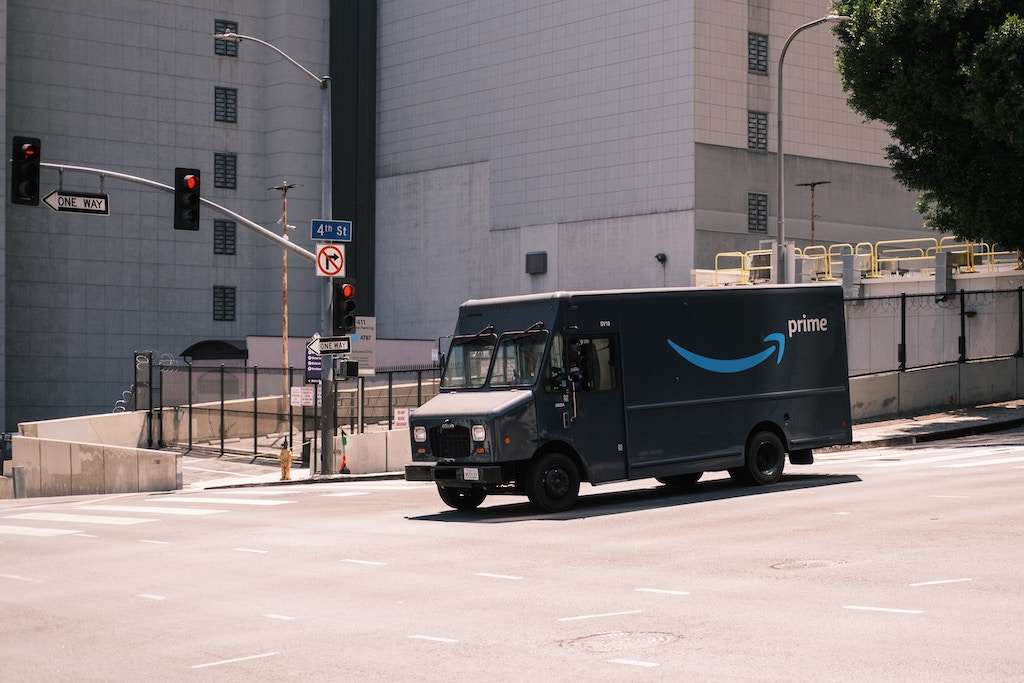The adoption of electric or zero-emission vehicles (ZEV) by fleets across various industry verticals is a rapidly growing trend expected to surpass $680 billion within the next four years.
Industries including those that rely on vehicles for local delivery, public transportation, logistics, and governmental fleets, have been the early adopters of electric vehicles. And they’re driving the nearly $680 billion commercial EV industry.
According to a recent report by global technology intelligence firm ABI Research, the global commercial EV market is projected to expand from $30.7 billion in 2020 to more than $682 billion by 2030. This market valuation represents the total industry-wide global revenues generated from the annual sales of all commercial EVs.
“The growing affordability of EVs has been one of the biggest drivers for fleet electrification efforts,” Adhish Luitel, Supply Chain Management & Logistics Senior Analyst at ABI Research, said in a statement.
“There has been a trend of EVs becoming more and more affordable due to advancements in battery technology and economies of scale in production. One of the main factors driving the affordability of EVs, especially EV trucks, is the decreasing cost of battery technology. Lithium-ion battery costs have fallen by over 85% since 2010, and this trend is expected to continue,” Luitel says.

In addition to affordability, factors such as government incentives, lower operational costs, simplified maintenance, and superior performance compared to internal combustion engine vehicles have played crucial roles in driving adoption among private sector fleets. Government regulations, such as the EU’s recent “Fit for 55” legislation, which mandates the sale of zero-emission vans only by 2035, have also stimulated ZEV adoption among fleets in Europe. Major companies like Amazon, DHL, UPS, IKEA, and Domino’s Pizza have embraced electric trucks as part of their sustainability initiatives.
While trucking rentals and third-party logistics companies are electrifying their fleets, original equipment manufacturers (OEMs) are actively introducing new EV and ZEV truck models to meet the market demand. Leading OEMs like Daimler, Volvo, Ford, Navistar, Toyota, Hyundai, Nikola, BYD, Hino, and Isuzu have recently launched new electric truck models. However, despite the increasing production of EVs and ZEVs, the availability of charging and refueling infrastructure remains a significant challenge, particularly for long-haul trucking.
“One of the critical aspects of successful fleet electrification is establishing a robust charging infrastructure to support the charging requirements of fleets,” says Luitel.
Luitel says this is especially key in long-haul trucking. “Balancing on-premises and public charging is a key consideration when investing in fleet electrification. Although OEMs are trying to address long-haul trucking drivers’ range anxiety with larger battery packs, more efficient electric drivetrains, and using hydrogen fuel cell technology, fleet operators need to strike a balance between on-premises charging and public charging. The optimal approach depends on factors like fleet size, operational requirements, geographic distribution, and available resources.”
Related on Ethos:


